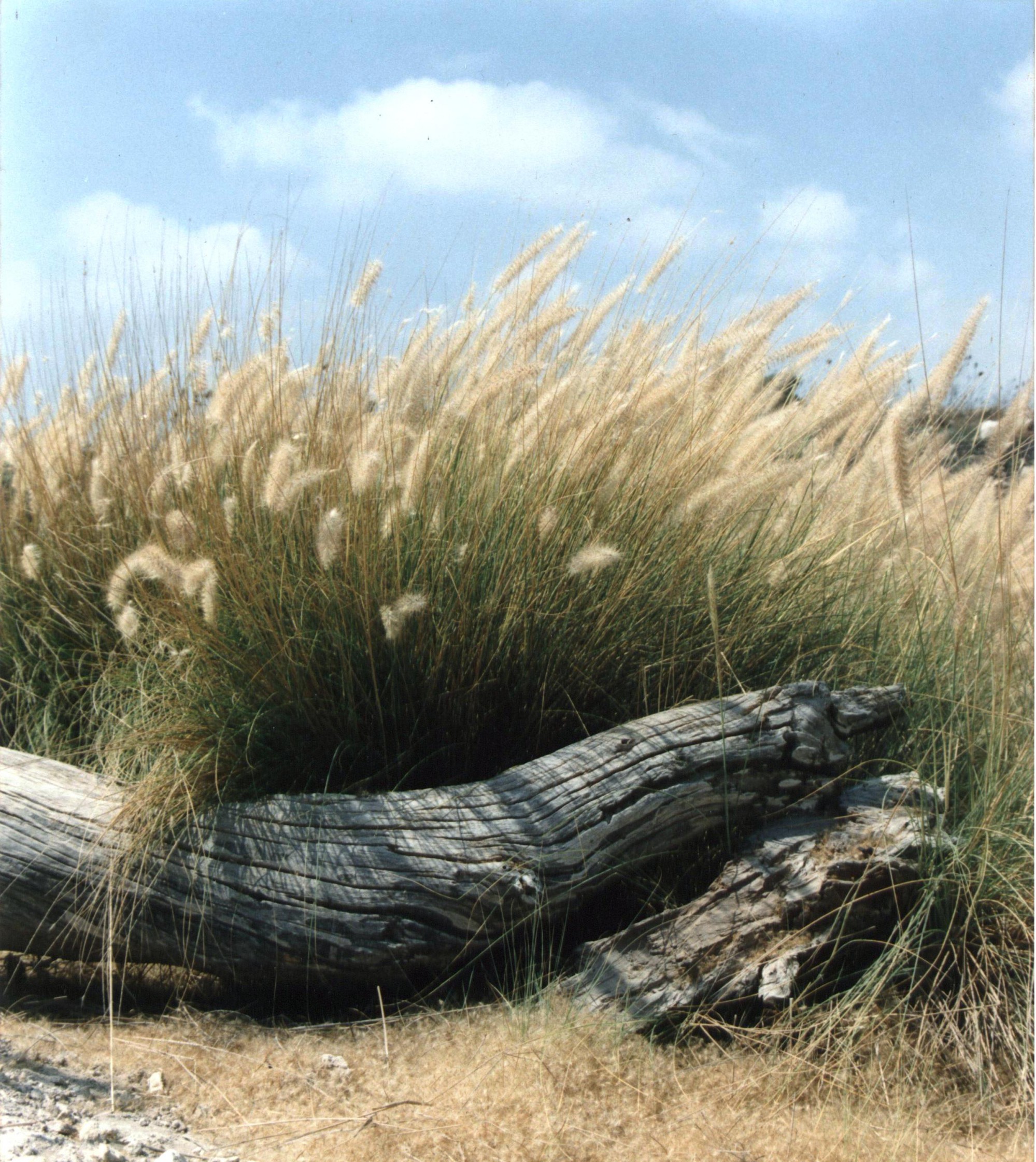By day the Lord went ahead of them in a pillar of cloud to guide them..and by night in a pillar of fire to give them light..
Moses said to the Lord, “…You have said, ‘I know you by name and you have found favour with me.’ If you are pleased with me, teach me your ways so I may know you and continue to find favour with you…” The Lord replied, “My Presence will go with you, and I will give you rest.” Then Moses said to him, “If your Presence does not go with us, do not send us up from here…”
So the cloud of the Lord was over the tabernacle by day and fire was in the cloud by night, in the sight of all the house of Israel during all their travels.
(Ex 13.21;33.12-15;40.38)
The Lord is my shepherd, I shall not be in want. He makes me lie down in green pastures, he leads me beside quiet waters, he restores my soul. He guides me in paths of righteousness for his name’s sake. Even though I walk through the valley of the shadow of death, I will fear no evil, for you are with me; your rod and staff, they comfort me.
(Ps 23.1-4)
There is a famous song from the Rogers and Hammerstein musical ‘Carousel’, entitled “You’ll never walk alone’, a song which tugs at the heartstrings quite unmercifully, and speaks powerfully of our desperate need of presence as we face the trials of life. Although I doubt that it was written with the Christian faith in mind, it does fit very well with the words of the psalmist, as he rejoices in the knowledge that the Lord is present at all times and in all places, even the valley of the shadow of death. As believers, we do not rely on the memories of departed friends for comfort, nor even on the actual human presence of fellow travellers, but on the promise of God himself to be with his people.
As Moses urged God to remain with the Israelites – well aware that their sin and rebellion deserved no such favour – so also we cling to God in prayer and depend on his promise to be with us always – to guide us and to bring the light which drives out fear. Ultimately, we all face life alone, since no one can live for us, or share our experience of it completely, and so unless our companion is the Lord himself, our maker and sustainer, we will be astray and vulnerable. But with him, we are fortified against whatever may come. He often uses the presence of others in our lives as a means of communicating his love, and making provision for us in our need – do you ever think of your friends as travelling mercies and wayside glories, gifts to sustain and strengthen your faith for the day ahead? They are both those things! The love of others – fellow believers and those who do not yet know him – and the gift of their friendship are among the loveliest things that the Good Shepherd bestows on his flock.
In addition to these human gifts, we receive direct from his hand those things which he knows are best suited to our nature by way of encouragement, and the restoration of our souls. For many people, the wonder of creation in nature is a boundless source of joy and encouragement, and I know for myself that even the most desolating times have been pierced by light from God as my attention is drawn to some delicate flower or moss, the colours and textures of rock and wood, the grandeur of distant mountains and the perfectly timed appearance of a rainbow or particular bird.
We do not rely on these things, but we do well to be open to receiving them from the Shepherd’s hand, as gifts for our good, and tokens of his loving presence in the midst of whatever we are facing.
There is an old song, perhaps a little trite sounding, but precious in the deep reality of which it speaks for Jesus followers:
He lives, He lives, Christ Jesus lives today! He walks with me, and talks with me along life’s narrow way.
He lives, He lives, salvation to impart; you ask me how I know he lives? He lives within my heart!
The One who loves us, the One who died for us, the One who rose to stand forever at the Father’s side to intercede for us; this is He who lives within our hearts and from whom nothing can ever part us again. Let us take care to be on the watch for his daily mercies to us, and the glories which are so lavishly bestowed along the way, so that we may be restored in our souls. We have his presence to guide us, and the light of his victorious glory to drive away our fear. We are safe in his hand and need never walk alone!









